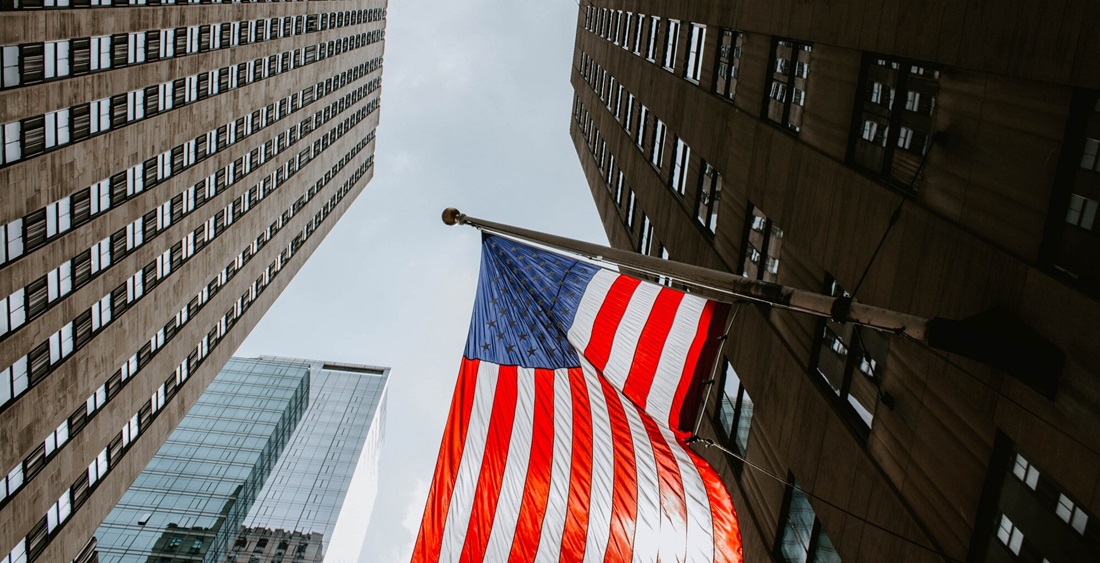
Brazil chooses diplomacy over retaliation as Trump imposes steel tariff
Feb, 11, 2025 Posted by Gabriel MalheirosWeek 202507
The Brazilian government was still trying to comprehend the ramifications on Monday night of the decree signed by U.S. President Donald Trump imposing a 25% tariff on U.S. imports of steel and aluminum. However, before resorting to retaliation, the stance of the Lula administration will be to negotiate with the American government to secure the most favorable agreement possible for Brazil, a senior source in Brasília told Valor.
President Trump announced the tariffs to reporters aboard Air Force One on Sunday. He formalized the measure Monday night. According to Reuters, quotas that benefited countries like Brazil, Mexico, and Canada have been eliminated.
Sources at the presidential palace and Brazil’s Ministry of Foreign Affairs assert that retaliating against the U.S. is unlikely to be a priority at this time. Firstly, because there is a perception that the measure is not specifically targeted at Brazil, although it does impact the country. Secondly, because the successful negotiation during Mr. Trump’s first term is still fresh in memory. The strategy is to act cautiously and consider the sector, which is significant for Brazil’s economy both in terms of foreign exchange earnings and job creation.
The preservation of the quota system was precisely Brazil’s primary concern. It was established by President Trump himself during his first term (2017-2021), in an agreement with Brazil, after the then-president announced a similar tariff on imports. The agreement allowed Brazil to export up to 3.5 million tonnes of semi-finished steel to the U.S. At the time, Brazil had the support of the American industry, which relies on Brazilian steel.
Despite the restriction, Brazil became the second-largest supplier of steel to the U.S., surpassing Mexico. Meanwhile, the U.S. is the main customer of Brazilian steel, accounting for nearly half of the country’s exports. Last year, this trade amounted to nearly $3 billion.
President Lula has vowed to adopt a reciprocal stance regarding U.S. tariffs on Brazilian products.
“What I wanted to highlight is the good relationship between Brazil and the U.S. It’s 200 years of partnership. Then, emphasize that it’s a win-win. Brazilian exports to the U.S. grew almost 9%, and American exports here grew almost as much,” said Vice President Geraldo Alckmin before the U.S. government formally announced the measure.
The pragmatic approach to the Trump administration applies not only to trade negotiations but also in situations like the deportation of illegal immigrants.
In this case, rather than confront, the Lula administration sought to negotiate with the White House to ensure deported individuals arrived in Brazil on flights in good condition and received dignified treatment, following reports of mistreatment on a flight that made an unscheduled landing in Manaus in January.
Amid the negative fallout, Brazil, alongside the American embassy, established a task force to monitor deportations. Last Saturday, a new flight carrying deported Brazilians arrived in Fortaleza. There were no reports of the same issues as the January flight, a development celebrated by Brazil’s Ministry of Foreign Affairs.
By Fabio Murakawa and Renan Truffi. Additional reporting by Ruan Monteiro.
Source: Valor International
-
Environment
Mar, 11, 2022
0
Containerised LNG rolls out as alternative to traditional bunkering
-
Grains
Mar, 16, 2022
0
Argentina studies curbing wheat and corn exports
-
Ports and Terminals
Sep, 03, 2020
0
Four new port terminals to be awarded to private sector
-
Ports and Terminals
Aug, 10, 2023
0
Paranagua Container Terminal oversees special operation with Brazilian Army’s new truck fleet

